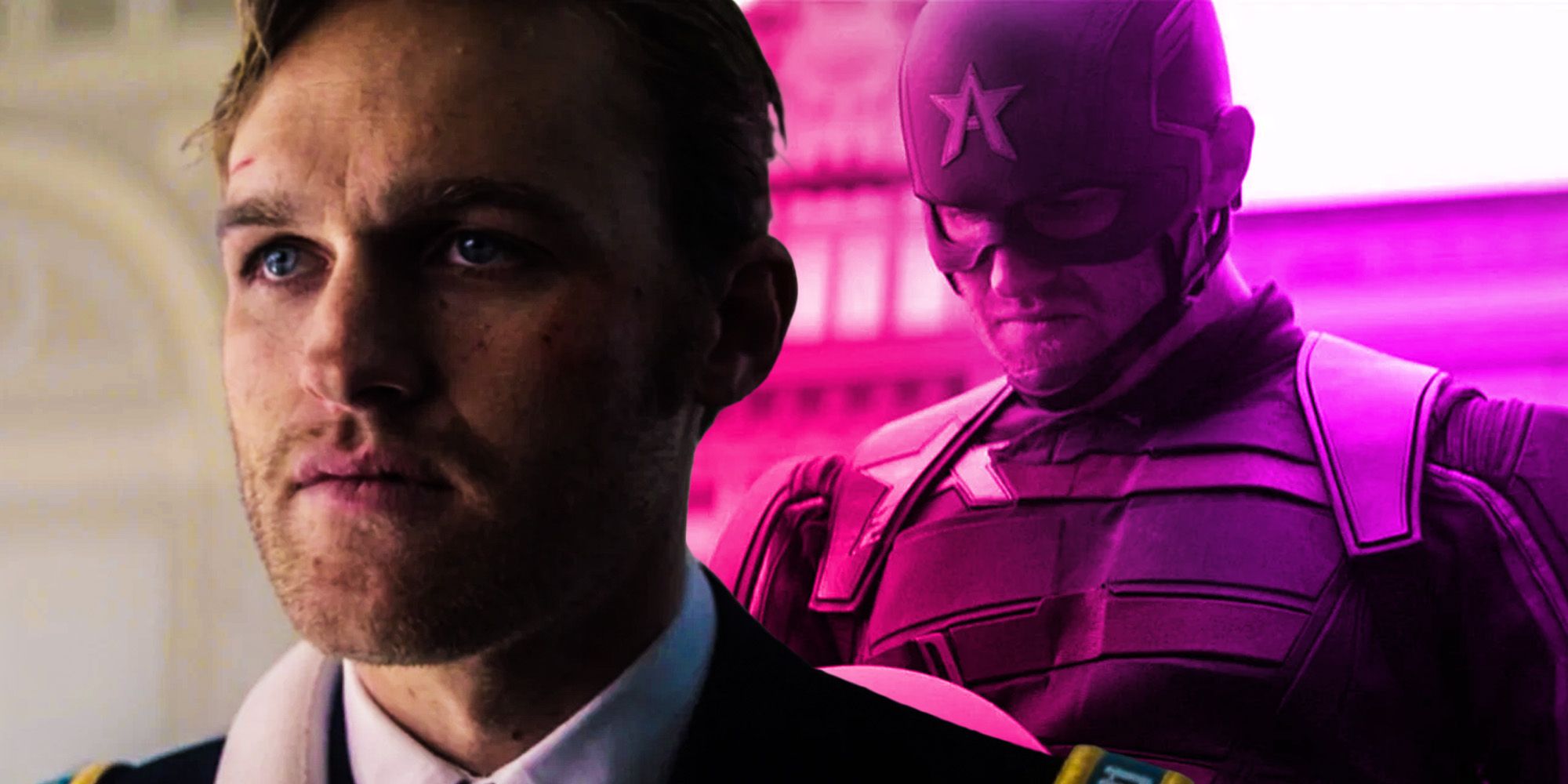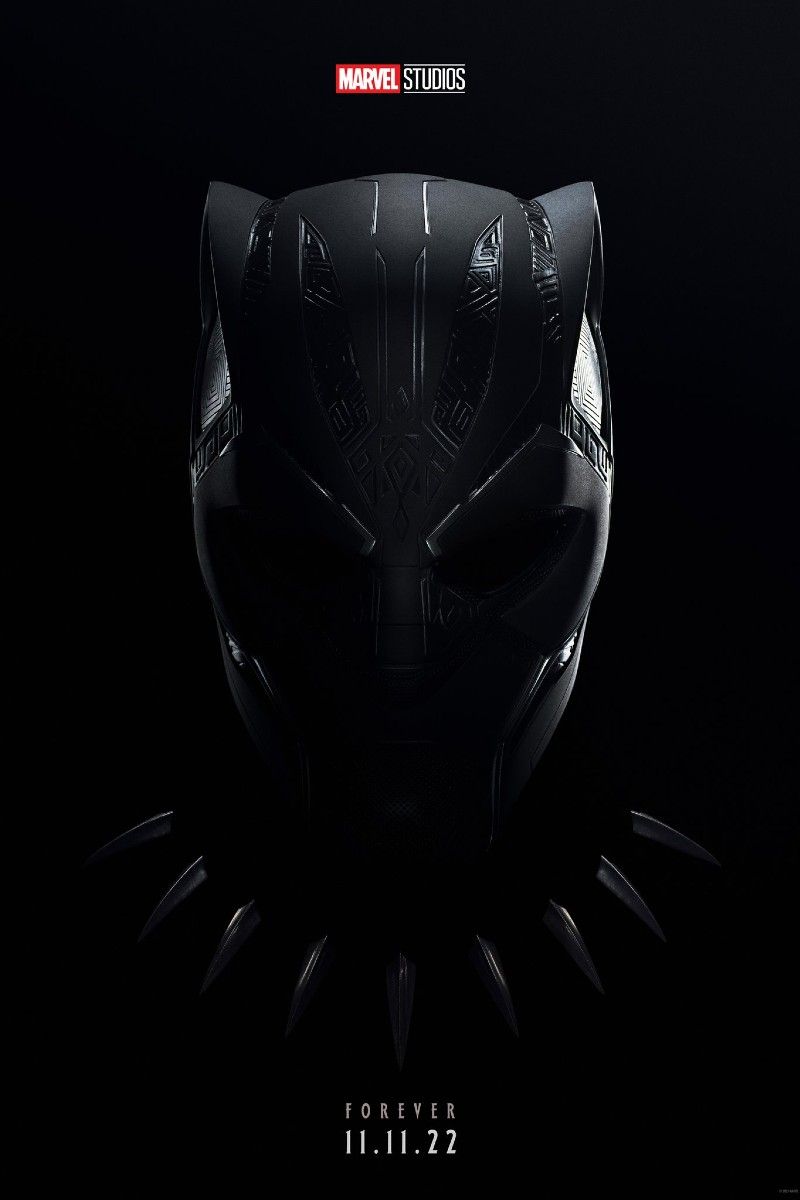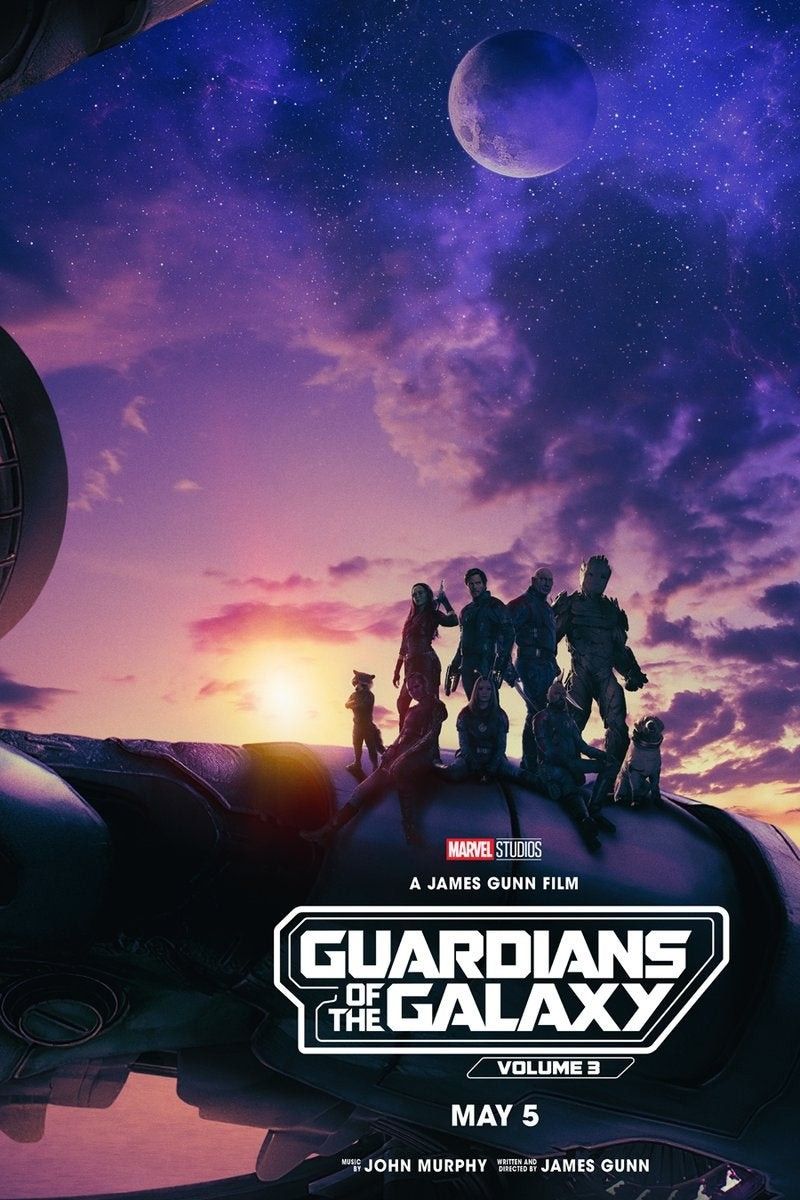The finale of The Falcon and the Winter Soldier tried to present John Walker as a redeemed character in an effort to get audiences to like him, but it was the wrong kind of like the series aimed for. The problem was that while Walker could have been a sympathetic character, that's not the same as getting an audience to agree with a character's actions. While Walker's narrative arc featured his slow descent into brutal villainy, his redemption arc was notably absent - the show wished to present him as a likable character, without putting in the effort to make him so. Even if Walker's descent took the form of relatable setbacks, insecurities, and a tragic loss, his redemption would be a tall order after his public disgrace.
Director Kari Skogland's stated intention was for people to "like" John Walker - and to a degree, the strong emotional response that the character elicited suggests that this was partly managed, as people liked discussing his role. While John Walker helping to rescue the hostages in the truck in the series finale might have shown that he possessed some heroic instincts and a desire to do right, it wasn't an absence of heroic potential that made him the heel of the series. Rather, Walker's expression of the values that he was meant to uphold was undercut by the revelation that he was aggressive and brutal when pushed past his breaking point.
The problem is that there are two different ways to "like" a character, and Falcon and Winter Soldier went for the wrong kind. The first is to like the character for who they are and what they do; the other kind is to like the complex dynamic they bring to the screen. Initially, it appeared the series would wisely lean into the second kind. Similar to a wrestling heel, Walker was an antagonist that audiences loved to hate, and he added a layer of nuance and complexity to the role. Without liking him personally, audiences enjoyed that he was an antagonist that wasn't purely villainous; his portrayal was layered, and the betrayal that he felt when "other than honorably" discharged was understandable and gave him some depth. Walker receiving a pardon and becoming US Agent implied that while his career as Captain America was over, he would yet return, likely in a similarly troubling role.
Unfortunately, Marvel abandoned that complex build-up in favor of trying to quickly redeem him in the finale so audiences would like him as a person. In doing so, it fell flat - a single good deed is not enough to absolve Walker from crimes and rage issues that never went addressed. It was not enough that audiences could – or should – like him as a role model or personal hero. He is a valuable and useful character for expressing the difficulties of military-style intervention; he served well to drive home the existing theme of the government insufficiently supporting its veterans. Given his familiarity with Bucky's therapist, it's entirely possible that his anger and loss issues might have been known by the government when he was selected for the role; emphasizing this would certainly add complexity. But John Walker simply helping Sam and Bucky at the series' climax does not make him "likable" in the personal character sense.
With luck, this example will remind MCU writers and directors that a character, even a morally grey one, can be appreciated for their role in a narrative without being liked, per se. If further projects use Walker and expect him to be viewed as an unqualified hero and fan-favorite, that characterization is likely to fail. Walker might someday achieve redemption, but given his lack of remorse, it's not too likely. Based on The Falcon and the Winter Soldier's depiction, Walker will be a character that audiences might not like, but also might not hate to have around to further a nuanced plot.










